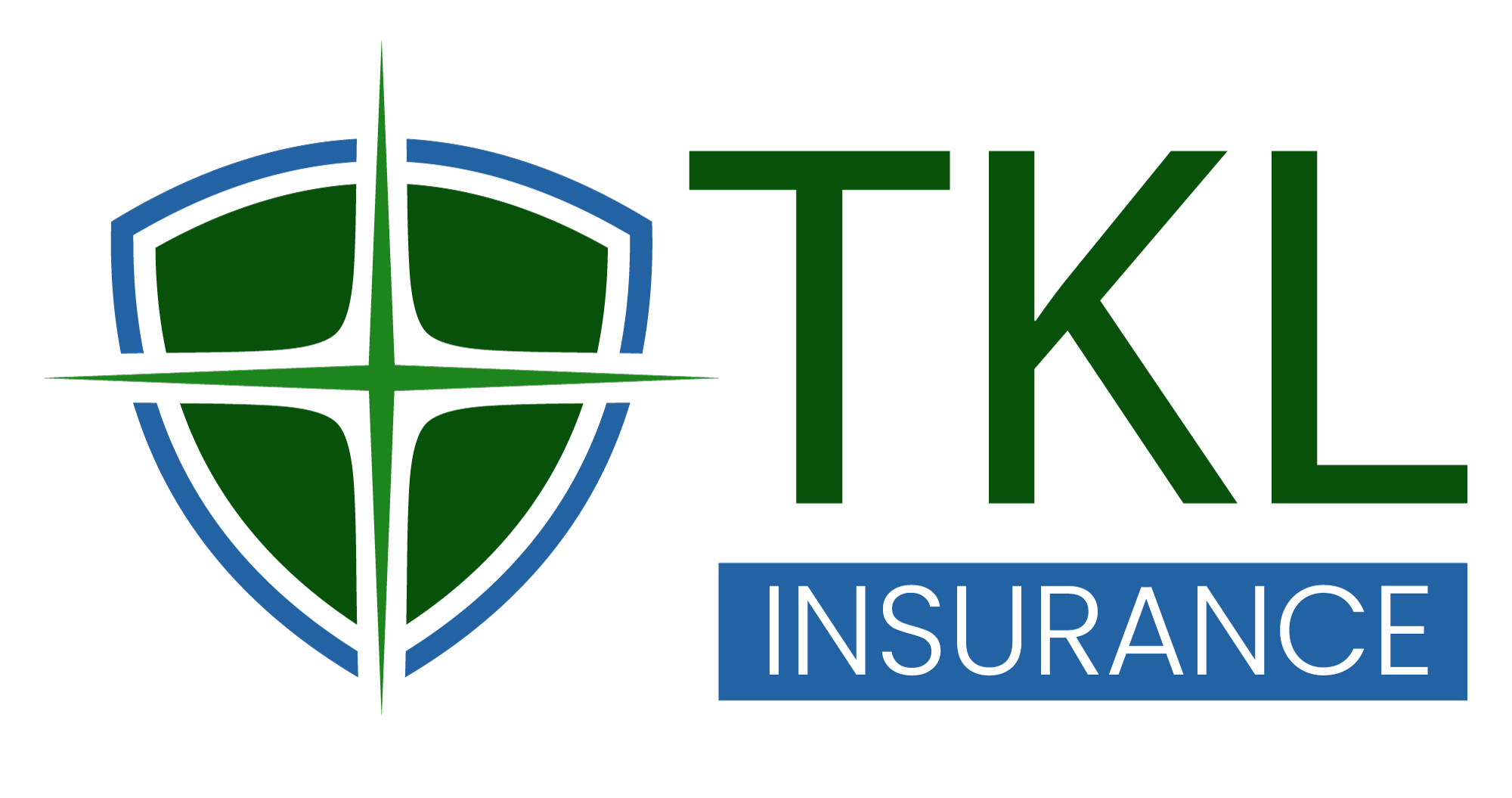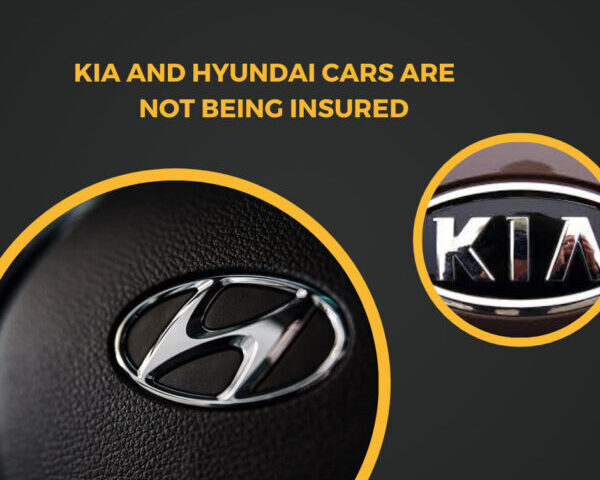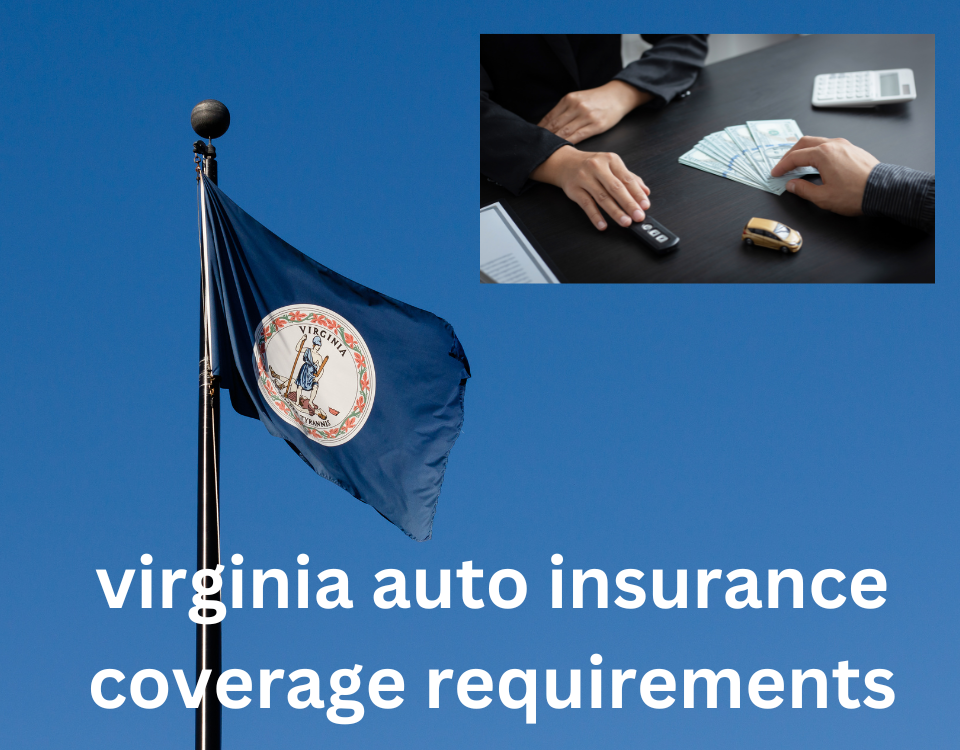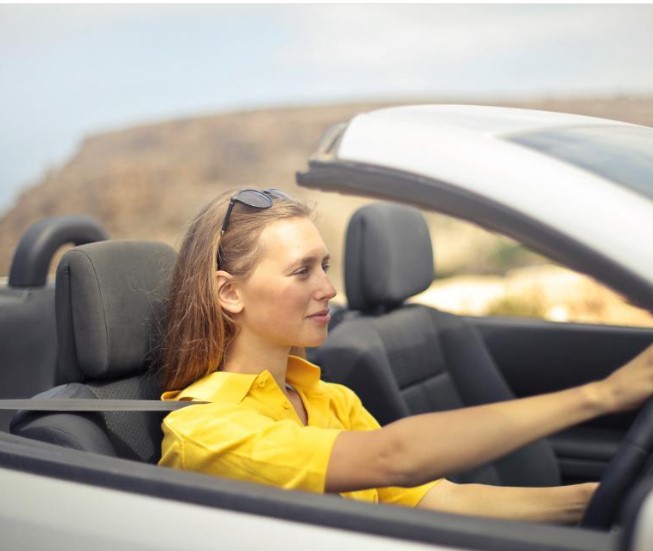Why Kia and Hyundai cars are not being insured?

How Much is the cost of Car Insurance in California
July 27, 2023
17 percent insurance rate increase 1st half of 2023
July 28, 2023Table of Contents
ToggleWhy Kia and Hyundai cars are not being insured?
Why are Kia and Hyundai cars not being insured? Recently, major auto insurers have started to drop or deny coverage for certain Kia and Hyundai models, especially those manufactured between 2011 and 2019. Some insurance providers are now dropping or declining coverage for specific Kia and Hyundai vehicles. Major providers like Allstate, State Farm, and Progressive have taken this step in response to a spike in vehicle thefts related to these models in certain cities.
Indeed, some auto insurance companies are making decisions to drop or reject coverage for certain Kia and Hyundai vehicles, expressing concern about the high rates of vehicle theft associated with these models. Particularly, cars manufactured between 2011 and 2019 have become primary targets for thieves. Multiple factors contribute to the elevated risk of theft for these vehicles. Their popularity among thieves, relatively easy-to-break-into ignition systems, and lack of advanced anti-theft features have all played a role.
As a consequence of these alarming theft rates, several auto insurers have taken the step of either dropping coverage or refusing to insure certain Kia and Hyundai models. This situation may pose challenges for owners seeking affordable insurance or lead to higher premium costs.
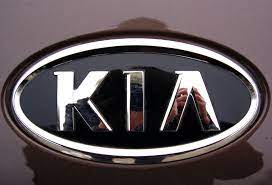
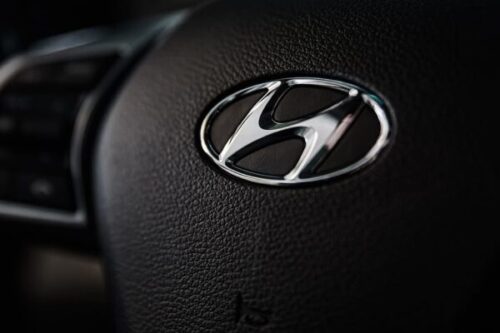
Why Are These Cars Being Targeted?
The main reason why Kia and Hyundai cars are not being insured is due to their increased risk of theft. Here’s why:
-
Lack of engine immobilizers (a standard anti-theft feature in most modern vehicles)
-
Easily accessible ignition systems
-
High theft rates, especially in urban areas
Models manufactured before 2020 often lack advanced anti-theft technology, making them attractive targets for thieves. Videos on social media have even shown how some of these vehicles can be stolen using USB cables and other simple tools.
Which Models Are Affected?
While insurers vary, the most commonly impacted models include:
-
Kia Forte, Rio, Soul, and Sportage (2011–2019)
-
Hyundai Elantra, Sonata, Tucson, and Santa Fe (2011–2019)
If you drive one of these, you may find your insurance policy canceled, denied, or priced significantly higher.
What Are Insurance Companies Saying?
Insurance companies cite safety concerns and high claim volumes. They argue that the cost of insuring these vehicles has exceeded acceptable risk thresholds, especially in cities like Denver, Seattle, Minneapolis, and St. Louis, where theft rates have spiked.
What Can Owners Do?
For those who own Kia or Hyundai vehicles considered high-risk for theft, implementing certain precautionary measures can help protect their cars, If you own one of these high-risk Kia or Hyundai models, consider these steps:
-
Install an aftermarket alarm system
-
Use a steering wheel lock
-
Park in well-lit or secure areas
-
Avoid leaving valuables inside
-
Ask your insurer about anti-theft discounts
Some insurers may reconsider or reduce your premium if you install verified anti-theft devices. Taking these preventive steps can significantly reduce the risk of theft and potentially improve insurance coverage for Kia and Hyundai owners.”
Real-World Action: Lawsuit in New York City
Recently, New York City filed a lawsuit against Hyundai and Kia due to an increase in car thefts involving these vehicles. The reason behind the surge in thefts is attributed to a security flaw in these particular models. They lack engine immobilizers, a standard safety feature found in most cars that prevents the engine from starting unless the key is present.
If you own a Kia or Hyundai, we want to hear from you. Have you encountered any difficulties with your car insurance coverage? Let us know by filling out the form mentioned in the link, and your response may be featured on a Channel 4 newscast.
Conclusion:
The issue of why Kia and Hyundai cars are not being insured reflects broader concerns in the insurance and automotive industries. While automakers are taking steps to fix the vulnerabilities, the insurance impact continues.
If you’re a Kia or Hyundai owner facing coverage issues, share your story. Your experience could be part of ongoing media coverage or future consumer safety campaigns.
FAQ:
Q: Why are insurance companies dropping Kia and Hyundai?
Major insurers are dropping Kia and Hyundai cars due to high theft rates, especially for models made between 2011 and 2019, which lack engine immobilizers.
Q: Which Kia and Hyundai models are affected by insurance issues?
Most models from 2011 to 2019 that do not have engine immobilizers are being refused insurance or face higher premiums.
Q: Is it still possible to insure a Kia or Hyundai car?
Yes, but options may be limited. Some insurers may charge higher rates or require added anti-theft devices.
Q: What should Kia and Hyundai owners do to get insurance?
Install an alarm system, use a steering wheel lock, and park in secure, well-lit areas to reduce theft risk and qualify for coverage.
Q: Why is theft so high in Kia and Hyundai vehicles?
Due to a security flaw—missing engine immobilizers—many of these cars are easier to steal compared to other vehicles.
Q: Did any cities take legal action against Kia and Hyundai?
Yes, New York City filed a lawsuit against both automakers over the rise in car thefts due to security design flaws.
Q: Why are Hyundais not being insured?
Some Hyundai models (especially 2011–2019) lack engine immobilizers, making them more vulnerable to theft. Due to the increased risk, many insurance companies are refusing to cover them.
Q: Why will no one insure a Kia?
Kia cars, particularly older models, have been linked to high theft rates because of missing anti-theft tech. Insurers are limiting or denying coverage to reduce risk.
Q: Can you get insurance on a Kia car?
Yes, insurance is still available for Kia vehicles, but it may come with higher premiums or requirements like anti-theft devices.
Q: Are Kia and Hyundai safe cars?
Yes, newer Kia and Hyundai models are safe and well-rated. However, some older models had security design flaws that increased their theft risk—not crash safety issues.
